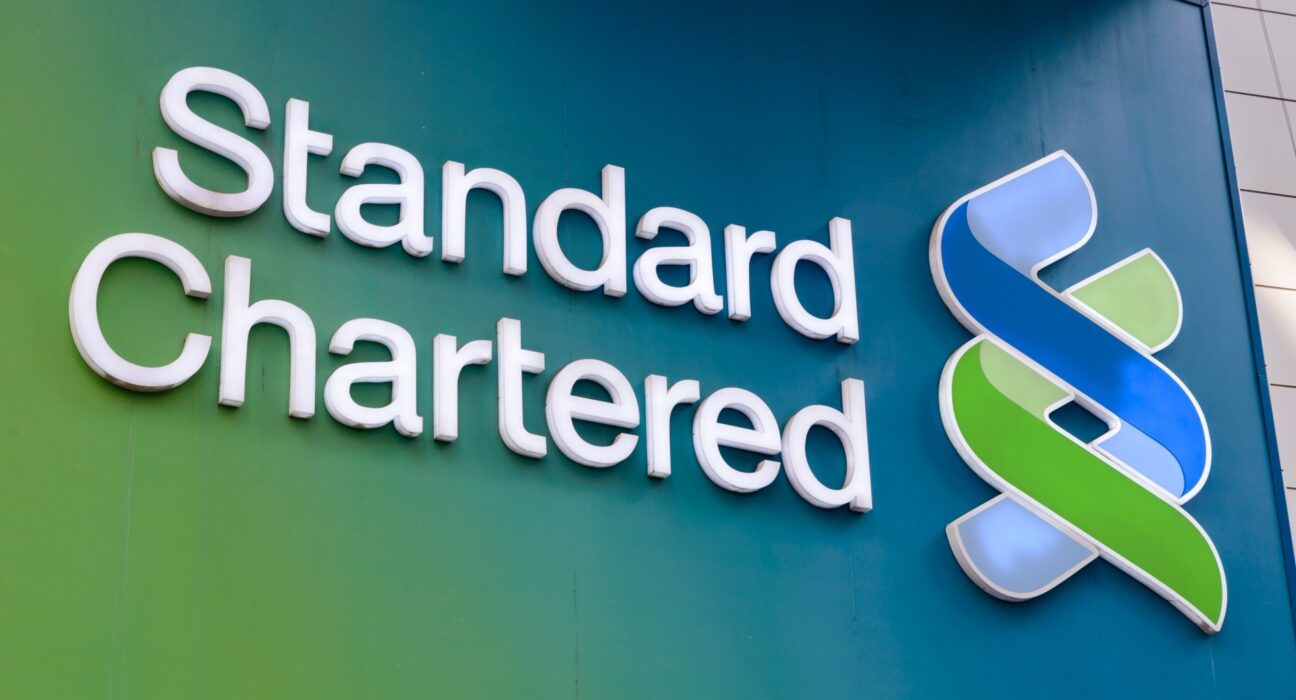Standard Chartered and UnionBank Complete Blockchain-Based Bond Tokenization Proof of Concept
In a groundbreaking development for the financial industry, Standard Chartered Bank and Union Bank of the Philippines have successfully completed a proof of concept (POC) for the issuance of retail bonds using blockchain technology. This initiative marks a significant step forward in the digital transformation of bond markets, with the two banks leveraging blockchain to tokenize bonds and provide a paperless, more efficient process for investors.
The POC involved the issuance of U.S. $187 million in dual-tranche retail bonds with 3-year and 5.25-year maturities. These issuances were fully tokenized and represented on a digital platform developed by UnionBank in collaboration with SC Ventures, the innovation arm of Standard Chartered.
SC Ventures Develops Bond Tokenization Platform
The digital bond tokenization process was designed to simplify and streamline the traditional bond issuance method. It was fully paperless, ensuring a seamless experience for investors. Key to the process was the account verification step, which ensured that only relevant and qualified investors participated in the offering.
Once the orders were received, they were tokenized, enabling the bonds to be issued in a format compatible with blockchain technology. The tokens issued reflected traditional bond transactions, but with the added advantage of being tokenized and integrated into a blockchain platform. While these tokens were not directly issued to individual investors, they adhered to retail bond guidelines, ensuring the process remained compliant with existing regulations.
SC Ventures played a critical role in developing the bond tokenization platform, which made the process faster, more transparent, and widely accessible. The goal of this platform is to provide retail investors with direct access to bonds, democratizing access to traditionally complex and exclusive financial products.
UnionBank’s Other Blockchain-Enabled Initiatives
The proof of concept with Standard Chartered is part of UnionBank’s broader initiative to explore blockchain technology in bond issuance. In line with this effort, UnionBank has already launched Bonds.PH, a platform designed for the issuance of retail treasury bonds. This platform was developed in collaboration with the Philippine Bureau of the Treasury and the Philippine Digital Asset Exchange (PDAX).
Earlier this year, Bonds.PH was used to issue the “Progreso Bonds”, also known as the Philippines’ RTB-24, and is currently one of the primary channels for purchasing the second offering of Premyo Bonds (PB-2), which is available for purchase until December 11. This aligns with UnionBank’s commitment to using blockchain-enabled platforms to provide greater access to investment products for retail investors.
Additionally, UnionBank’s involvement in blockchain extends beyond bond issuances. The bank has also launched its stablecoin, PHX, as reported by PhilStar Global in 2019, further cementing its role as a leader in digital asset innovations in the Philippines.
Standard Chartered’s Broader Blockchain Strategy
Standard Chartered Bank has been actively exploring blockchain technology for various financial applications. Recently, the bank signed a significant strategic agreement with Amazon Web Services (AWS) to offer new digital banking services in a secure environment. This deal aims to strengthen the bank’s digital transformation, allowing it to provide more customized, scalable, and secure financial services.
The partnership with AWS will also allow Standard Chartered to expand its blockchain initiatives, promoting digital innovation and further enhancing the bank’s digital banking offerings. The collaboration is seen as a major step in the bank’s broader strategy to transform its operations and provide cutting-edge financial solutions in the ever-evolving digital landscape.
The Role of Blockchain in Financial Services
The collaboration between Standard Chartered and UnionBank underscores the growing importance of blockchain technology in the financial services industry. Blockchain provides several key advantages for financial markets, including increased transparency, efficiency, and security. Tokenizing bonds and other financial instruments can streamline the issuance process, reduce costs, and increase accessibility for retail investors, who have traditionally been excluded from many investment opportunities in the bond market.
By leveraging blockchain, financial institutions like Standard Chartered and UnionBank are paving the way for a more inclusive and efficient future in finance. These advancements could transform how investors access investment products, making the process more democratic and accessible for individuals around the world.
Conclusion: A Step Toward the Future of Digital Finance
The POC between Standard Chartered and UnionBank for bond tokenization is a landmark development in the integration of blockchain technology within the traditional financial sector. This project aims to reshape the bond market, providing new opportunities for retail investors and improving the efficiency of bond issuance.
As blockchain continues to gain traction in financial services, its potential to streamline processes and democratize access to financial products is becoming increasingly apparent. With initiatives like the Bonds.PH platform and Standard Chartered’s partnership with AWS, the future of digital finance looks poised for continued innovation and growth.
To learn more about the innovative startups shaping the future of the crypto industry, explore our article on latest news, where we delve into the most promising ventures and their potential to disrupt traditional industries.
Disclaimer: The information provided is not trading advice, Bitcoinworld.co.in holds no liability for any investments made based on the information provided on this page. We strongly recommend independent research and/or consultation with a qualified professional before making any investment decisions.

